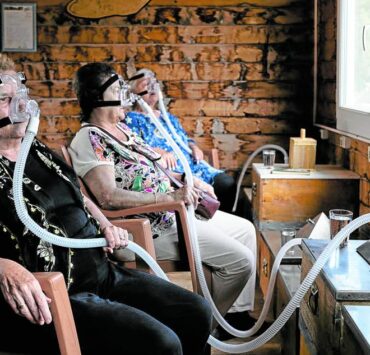Sweden eases alcohol monopoly one bottle at a time
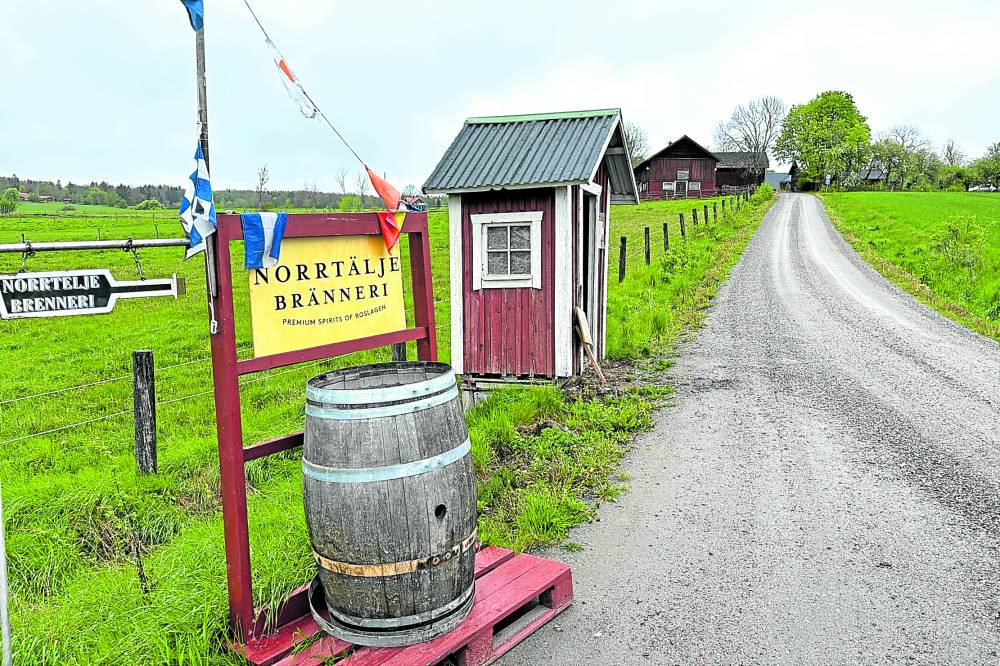
STOCKHOLM—If Anna Anerfalt gets a license to sell gin, whiskey and schnapps to visitors at her family’s distillery near Norrtalje in Sweden, the first thing she will have to do is warn them of the dangers of alcohol.
From June 1, small-scale breweries, vineyards and distilleries will be able to sell direct to customers—the first easing of Sweden’s more than 100 year-old alcohol sales monopoly.
The aim is to boost tourism and help craft producers to grow, while preserving the role of Systembolaget—state booze shops—in limiting access to alcohol and damage to public health.
New rules
“The whole event has to start off with a warning about the risks of drinking alcohol,” Anna Anerfalt, CEO of the Norrtalje Branneri said, describing one of the conditions set in return for the right to sell.
She supports strict alcohol controls and said she was positive about the change to the law.
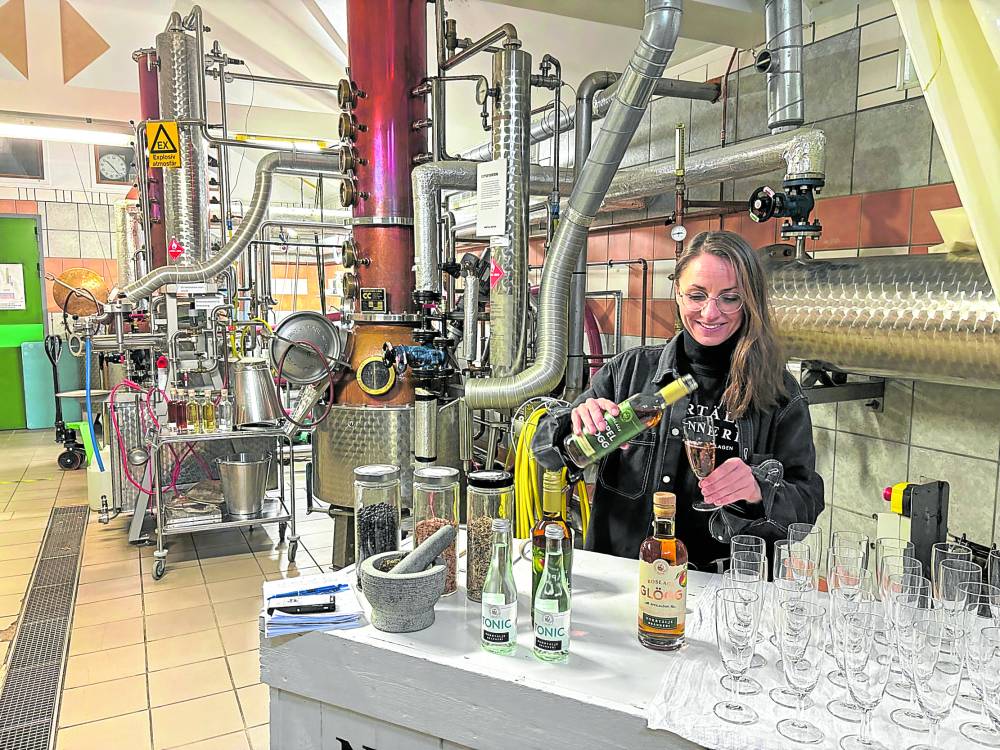
“I’m not sure it will affect the sales of our product that much, though, because each visitor is only allowed to buy one bottle,” she said.
Under the new rules, distilleries like Norrtalje will be able to sell a 0.7-liter bottle directly to visitors after a paid tour between 10:00 a.m. and 8:00 p.m. Sales at vineyards and micro-breweries will be capped at 3 liters.
A 2021 government committee report estimated an increase in alcohol sales of around 200,000 liters a year across Sweden, or less than 1% of sales at Systembolaget.
Strict policies
Swedes have long fretted about the health effects of alcohol consumption, only narrowly voting against prohibition in 1922.
The World Health Organization says the Nordic region’s strict alcohol policies, which include some of the highest booze taxes in Europe, contribute to relatively low consumption and reduce negative health effects.
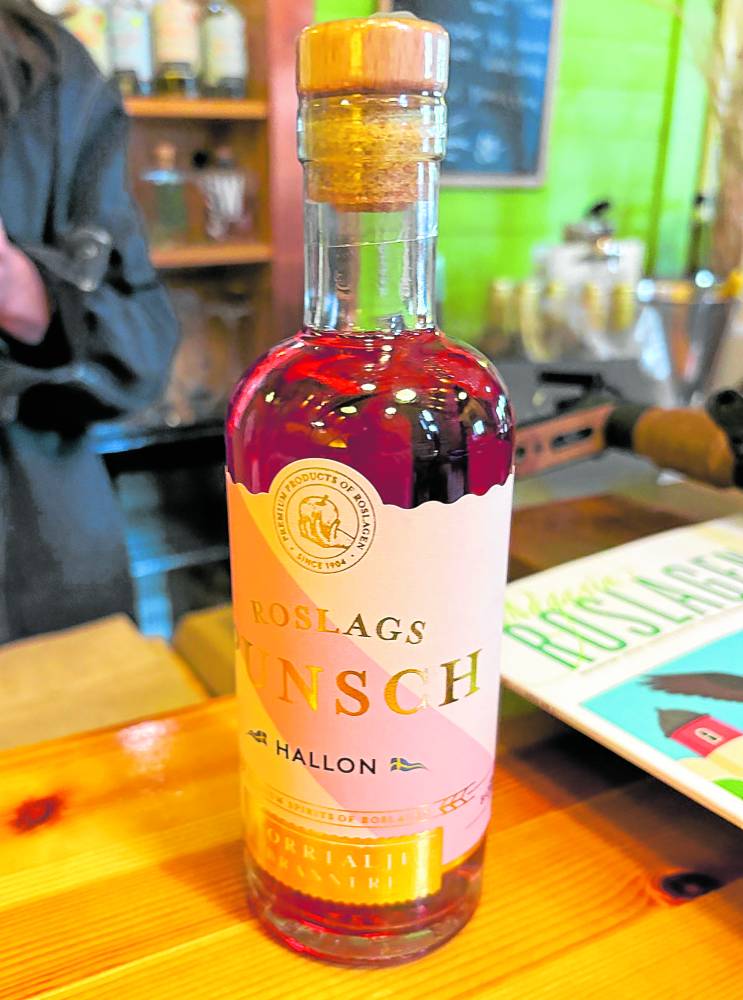
Even a small change to alcohol laws is controversial.
“Increased alcohol consumption leads to more social problems,” Alexander Ojanne, head of Social Affairs and Public Safety at Stockholm’s municipal council, said. “We want to reduce those social problems as much as possible.”
Bigger worries
Stockholm’s numerous micro-breweries will only be able to sell when Systembolaget is open—meaning no late evenings, Saturday afternoons or Sundays.
Others see bigger worries.
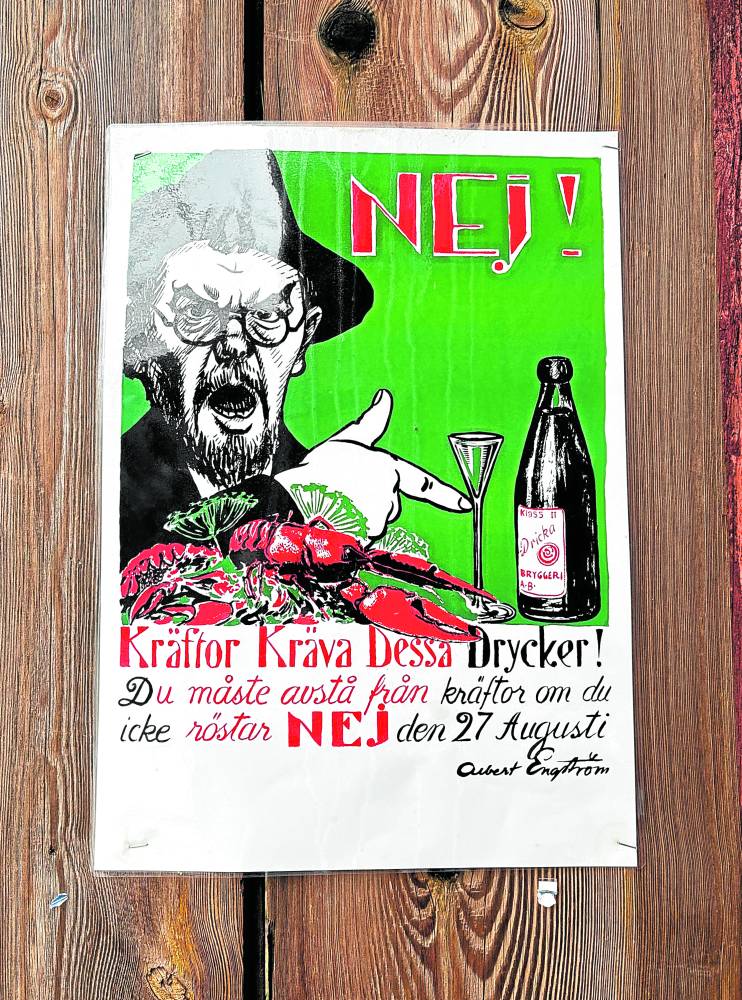
Sweden got an exception to free market rules for Systembolaget when it joined the European Union in 1995 and some fret that Brussels could now demand a bigger change.
“The problem isn’t farm sales in itself, rather we think that it threatens Systembolaget’s monopoly,” Lucas Nilsson, the chair of Sweden’s biggest temperance organization IOGT-NTO said.
“Ultimately, it could mean we have to dismantle Systembolaget,” Nilsson said.
The government will review the law after six years.
Reuters, the news and media division of Thomson Reuters, is the world’s largest multimedia news provider, reaching billions of people worldwide every day. Reuters provides business, financial, national and international news to professionals via desktop terminals, the world's media organizations, industry events and directly to consumers.














